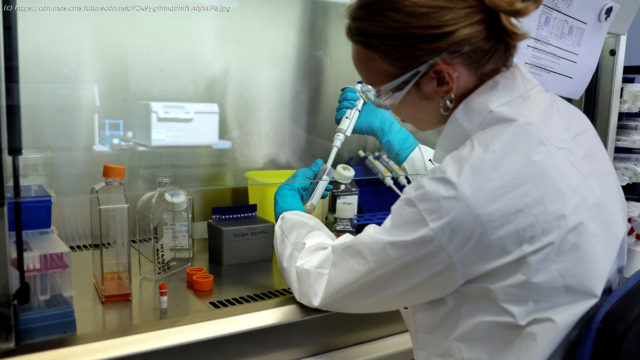A genuinely positive AI story, for a change.
Google has announced a new AI model as part of a research collaboration with Yale University. If that sounds a little dry and unexciting, well, you’ve probably got AI fatigue like the rest of us. However, this one may well be worth paying attention to, as it’s already revealed a promising new cancer treatment method—which Google describes as “a milestone for AI in science.”
As Google’s blog post details, a major challenge in cancer immunotherapy is the existence of “cold” tumors, or tumors that are essentially invisible to the body’s immune system. The C2S-Scale 27B model was tasked with finding a drug that could act as a conditional amplifier, or something capable of boosting the immune signal in an environment where low levels of interferon, an immune-signalling protein, were already present—but crucially, not in significant enough quantities to trigger the immune system into doing its job.
Essentially, it was looking for a drug that could turn a “cold” tumour “hot”, or susceptible to immunotherapy, when interferon was already in the mix.
The model simulated the effect of over 4,000 drugs through what the researchers refer to as a “dual-context virtual screen.” This had two stages: the first being real-world patient tumor samples with low-level interferon signalling, and the second being existing cell data with no immune context.
Home
United States
USA — software A Google AI model has discovered a promising new cancer treatment method,...






